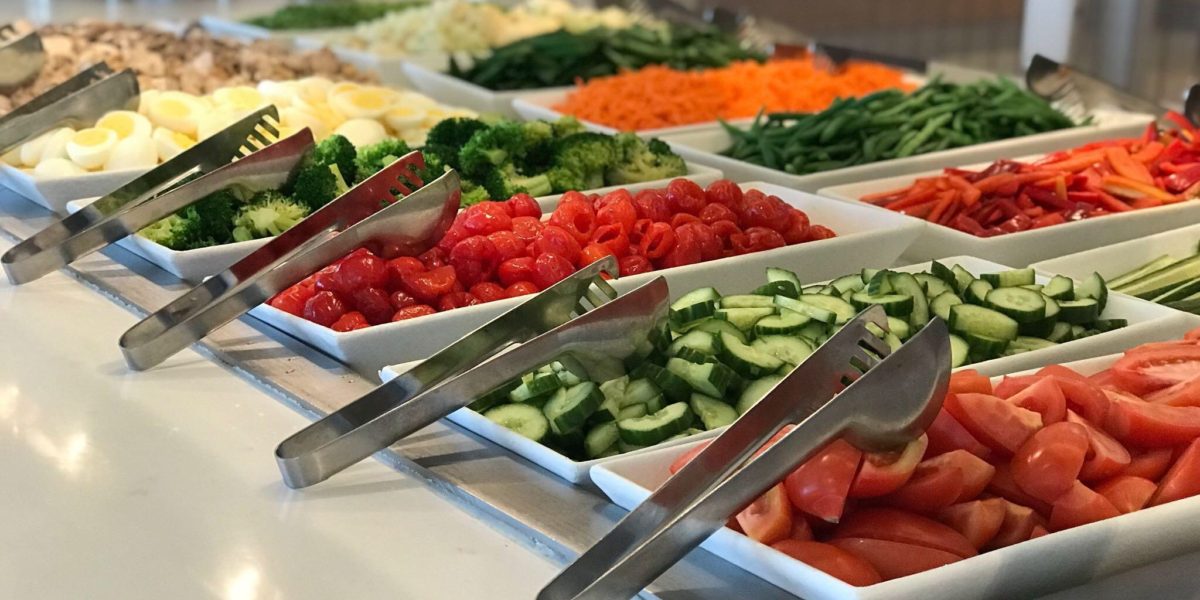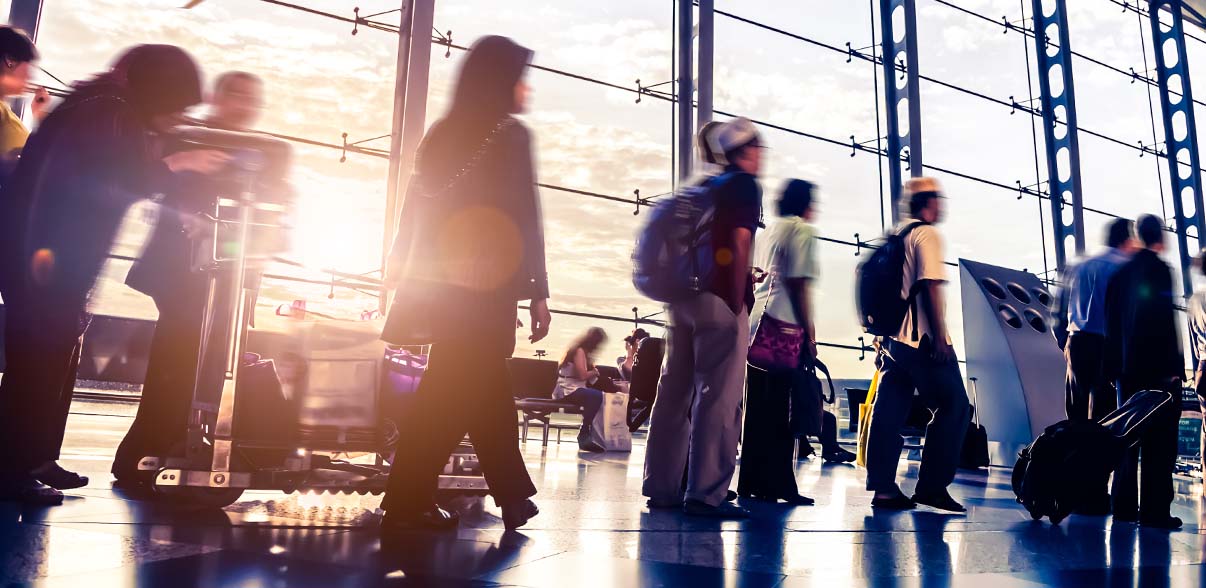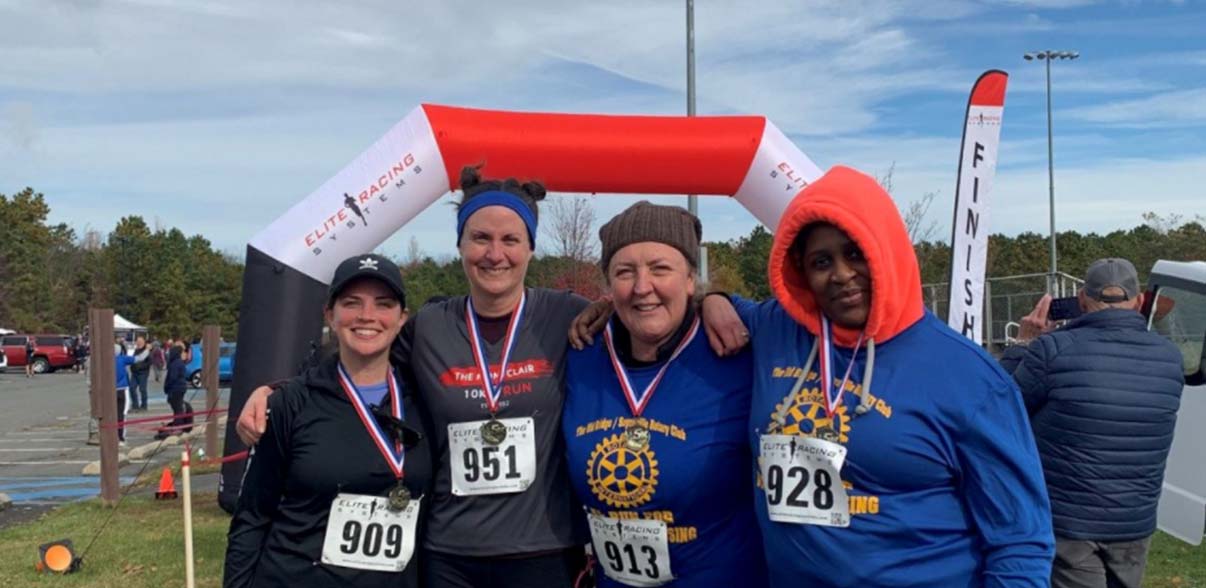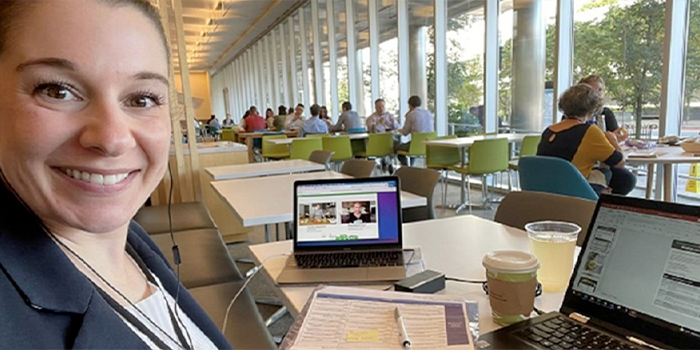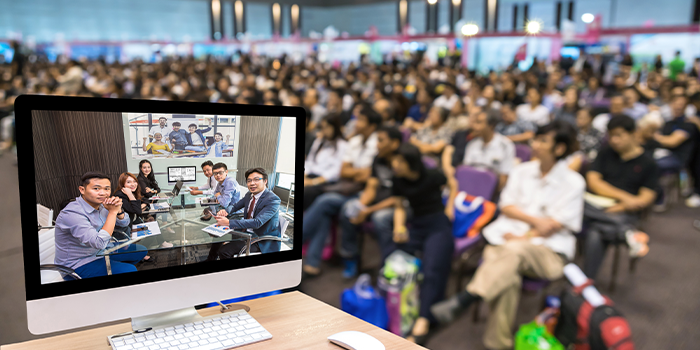
The Covid-19 pandemic introduced a lot of new words to our vocabulary. Once only known by lawyers, “Force Majeure” and “Force Majeure Clauses” have become common phrases for more people.
What Is a Force Majeure Clause
Force Majeure is a French phrase that means “superior force.” A Force Majeure Clause is a contract clause that frees both parties from obligations or liability when there’s a major issue. The idea is that a superior force (an earthquake, for example) has made it so that it would be impractical, inadvisable, or even impossible to hold people to the contract.
What Do You Include in Force Majeure
Force Majeure clauses frequently cover natural disasters like tornadoes, floods, and earthquakes. Other covered events may include war, labor strikes or disruptions, and yes, pandemics. Force Majeure clauses are not only for canceled events. A lawyer can write the clause in a way that allows your event to underperform. Let’s say that a week before the event, you realize that a new strain of Covid-19 will limit the number of people attending your event, but you don’t want to cancel. However, you’re worried that not having as many people at the conference will mean that you don’t make your food and beverage minimum (which will cost you money). A lawyer can draft the force majeure clause to excuse liability associated with cancellation and underperformance.
Force Majeure Can Be Negotiated
There’s no negotiating with a pandemic, but you can negotiate with your conference vendors the kinds of things to include in your clause. It’s important to be specific in these clauses because courts tend to interpret them narrowly. For example, say “terrorism” or the broader “threats of terrorism” are listed in your contract. It does not necessarily follow that if there is a police riot that prevents people from attending the event, your contract will cover it. It’s important to consider your location when negotiating the clause. What kinds of weather disturbances are likely? What kinds of political or transportation disturbances? You can’t specify or anticipate all potential events, so a concluding catch-all phrase should be appended to the list, such as “and any other events, including emergencies or non-emergencies.”
Who Needs to Know This?
If you’re simply attending a conference or presenting at one, the Force Majeure clause might not be that important to you. You should make sure to review your contract to see what the refund policy is if you can no longer attend due to forces outside your control. If you are planning on asking for a refund for non-attendance, make sure to do so early. If a conference organizer is not well-protected by their contracts, they may find it challenging to refund registrations fees.
If you are planning the conference, a conference vendor, or even planning to have a booth or table at a conference, the Force Majeure clause could be important to you. Make sure to read all contracts carefully so that you understand your options and obligations.
The Covid-19 pandemic upended our lives and businesses in many ways. Now that we’ve all seen firsthand what an unexpected event can do to lives and plans, people are likely to be more careful in creating contracts going forward.

